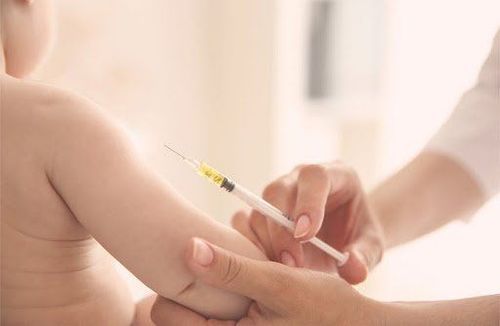1. What is hepatitis D?
Hepatitis D is a liver disease caused by the hepatitis D virus (HDV). HDV is known as a satellite virus because it can only simultaneously infect patients with the hepatitis B virus (HBV). Hepatitis D can be acute or chronic.
Hepatitis D infection can occur as a co-infection with hepatitis B or as a superinfection in chronic hepatitis B individuals. Hepatitis D is most common in Eastern and Southern Europe, the Mediterranean region, the Middle East, West and Central Africa, East Asia, and the Amazon basin in South America.
There is a difference between HBV/HDV coinfection and HDV superinfection: HBV/HDV coinfection occurs when a person is infected with both HBV and HDV at the same time, while the second occurs when a person who is already chronically infected with HBV acquires HDV. Although acute HBV/HDV infection can be treated, HDV superinfection is more likely to cause cirrhosis and liver failure.
Globally, there are eight different genotypes of HDV. They all share the same transmission route and risk profile. HDV genotype 1 is found primarily in North America, Europe, the Middle East, and North Africa. HDV genotypes 2 and 4 can be found in East Asia; genotype 3 is found only in the Amazon basin in South America, and genotypes 5, 6, 7, and 8 are found in West and Central Africa.

2. What are the symptoms of hepatitis D?
Patients with hepatitis D do not always reveal symptoms. Acute hepatitis D occurs suddenly and often causes more severe symptoms. If the infection lasts over six months, it leads to chronic hepatitis D. The virus can be present in the body for several months before symptoms appear. Chronic hepatitis D progresses leading to the increase of complications risk. Many people with the end-stage of hepatitis D develop cirrhosis and severe scarring of the liver.
When symptoms do reveal, people may experience:
- Jaundice (skin and eyes)
- Joint pain
- Abdominal pain
- Nausea and vomiting
- Poor appetite
- Dark urine
- Fatigue
The symptoms of hepatitis B and hepatitis D are similar, so it can be difficult to determine which one is the direct cause of your symptoms. In some cases, hepatitis D can worsen hepatitis B symptoms. These signs and symptoms usually appear 3 to 7 weeks after the initial infection. People who are coinfected with HBV/HDV have different symptoms than those who are superinfected with HDV. Acute hepatitis symptoms may follow a biphasic course due to HBV/HDV infection. Therefore, symptoms of HBV/HDV coinfection can range from mild to severe (fulminant hepatitis), but for most cases, the coinfection is self-limiting: less than 5% of people with acute infection develop chronic infection.
The hepatitis D virus infection can easily spread through direct contact with a contagious person's body fluids such as urine, vaginal fluids, semen, blood, during childbirth, etc.

3. How is hepatitis D diagnosed?
You should visit your doctor if you have any symptoms of hepatitis D. To diagnose your condition, your doctor will perform a test to detect hepatitis D antibodies in your blood. If antibodies are found, it means you have been exposed to the virus.
Your doctor will also check your liver function if liver damage is suspected. The only known way to prevent hepatitis D is to avoid hepatitis B infection. You can take the following precautions to reduce your risk of getting hepatitis B:
- Get vaccinated against hepatitis B: All children should be vaccinated against hepatitis B. Adults who are at high risk of infection or regularly use intravenous drugs should also be vaccinated. The general vaccination course concludes with three injections during six months.
- Have safe sex: use condoms with all sexual partners. You should only have unprotected sex when you are sure your partner does not have hepatitis or any other sexually transmitted diseases.
- Avoid or stop using injectable stimulants such as heroin or cocaine. Do not share needles with others.
- Be careful about getting tattoos and piercings. Choose a reputable shop if you want to get a tattoo or piercing to avoid infection.

Source: healthline.com & cdc.gov
To arrange an appointment, please call … or make your reservation directly HERE. You may also download the MyVinmec app to schedule appointments faster and manage your reservations more conveniently.









